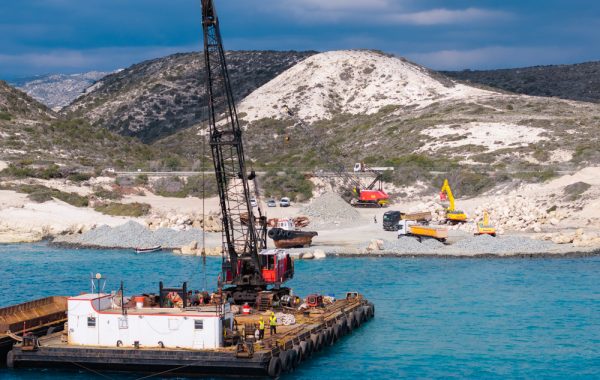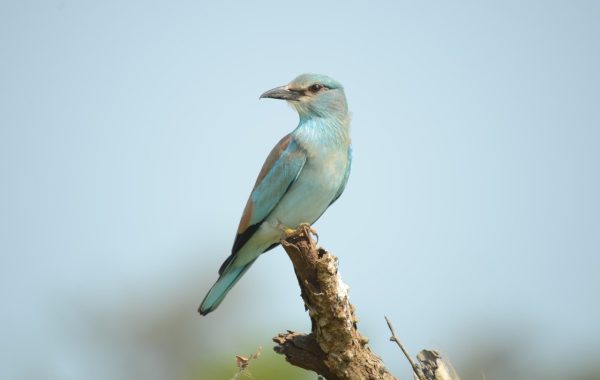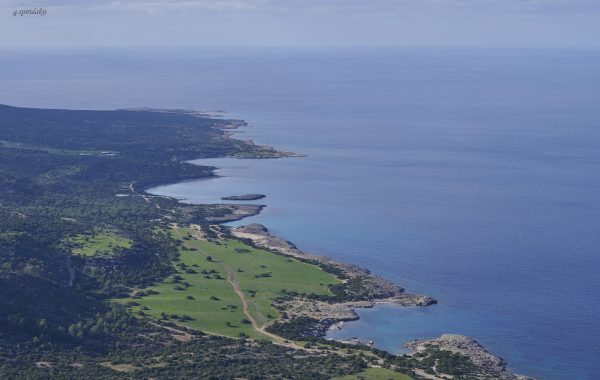On 27 April the European Commission published its “Action Plan for Nature, People and the Economy” – a roadmap for the Birds and Habitats Directives – the EU’s flagship nature laws that represent the cornerstone of EU-wide efforts to halt and reverse the loss of biodiversity.
The Action Plan proposes measures to help halt biodiversity loss by 2020 but tiptoes around agriculture and funding. The Birds and Habitats Directives are responsible for the creation of the largest and most coherent network of protected natural areas in the world – the Natura 2000 network. The Action Plan published is the final step of the Fitness Check process of these important laws, which concluded them to be fit for purpose, but also identified the need for a substantial improvement in their implementation. The Action Plan addresses important gaps in the implementation of the EU nature laws, for example the long overdue completion of the Natura 2000 network and the adoption of the necessary conservation measures for all sites. Other positive actions in the plan concern improved monitoring by using satellite imagery and the updating of guidance.
The action plan however, essentially fails to address two of the principal problems preventing progress on nature conservation, i.e., the deeply flawed Common Agricultural Policy (CAP) and the systematic failure of the EU budget to provide funding for conservation. Overwhelming scientific evidence shows that current agriculture practices are by far the biggest threat to biodiversity, but the plan is mostly mute on it. It also fails to commit to any improved funding for the management of the Natura 2000 network or for the development of strategic nature restoration projects to improve the connectivity of the Natura 2000 network – a so called Trans-European Network for Green Infrastructure (TEN-G).
The recent Commission consultation on the future of CAP is a first opportunity to debate a change of course in the area seeing the worst biodiversity crisis. The debate on the CAP is tightly linked to the one on the next EU budget, a proposal on which is expected by end of the year.




